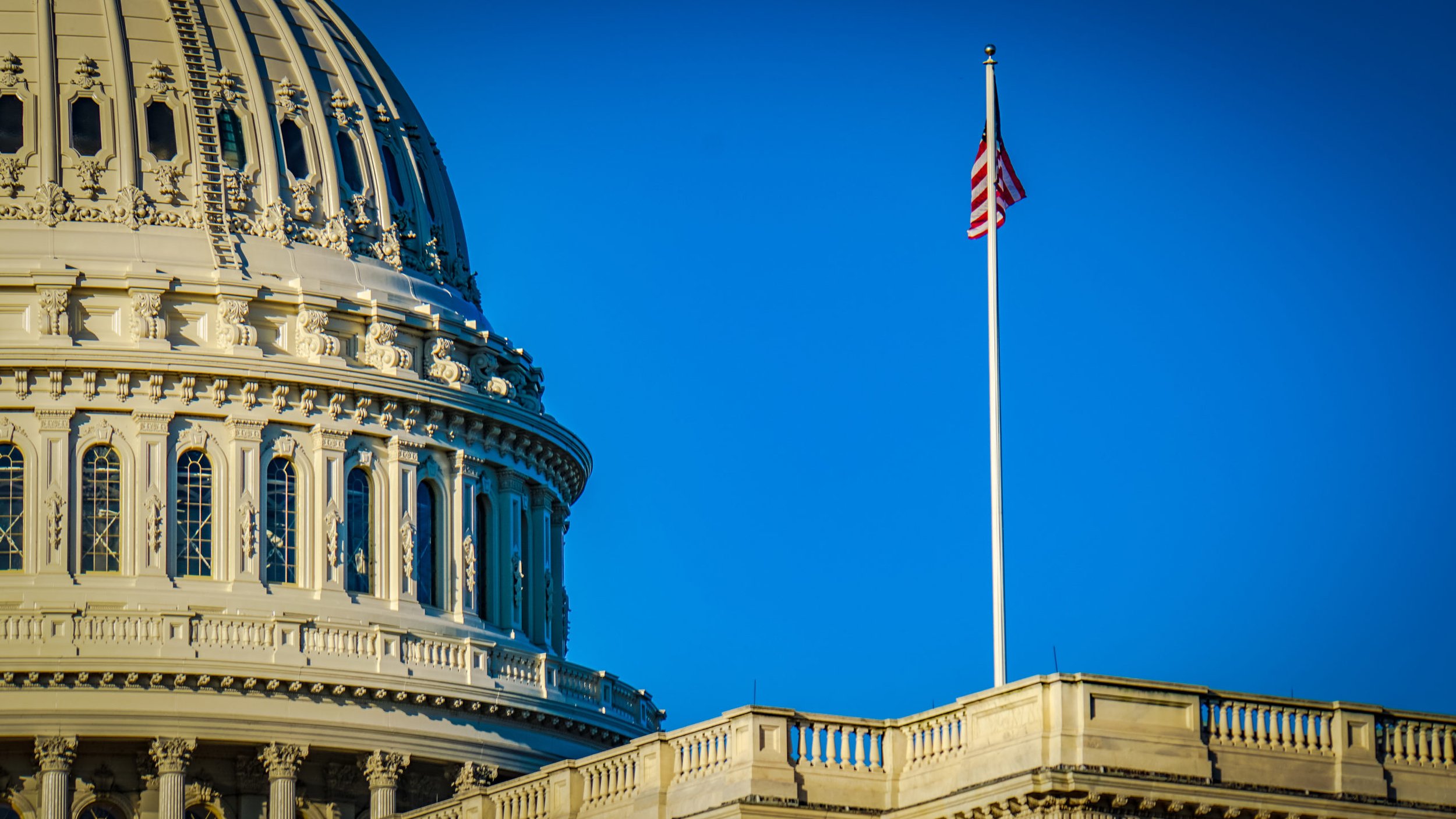Dag Hammarskjöld, secretary-general of the United Nations from April 1953 until his death in a plane crash in September 1961, was both a deeply spiritual person and a widely respected diplomat.
His biographer Roger Lipsey wrote about how Hammarskjöld’s religious convictions directly impacted his diplomatic outlook.
“Somewhat forgotten today but admired nearly worldwide in his time,” Lipsey wrote, Hammarskjöld was a significant figure in shaping the U.N.’s sense of mission and breadth of vision, creating important peacemaking methods such as shuttle diplomacy and the UN peacekeeping forces.
Since then, the U.N. and the wider international relations community have continued to wrestle with the relationship between religion and diplomacy.
As early as the 1990s, authors such as Barry Rubin pointed out how the U.S. and other policymakers too often ignored the impact and influence of religion in international affairs.
Organizations like Religions for Peace — a multireligious platform with representation from diverse religious institutions and communities — and the U.N.’s own Interagency Task Force on Religion and Sustainable Development have sought to bring religious actors to the policymaking table.
Significant moments in the history of the freedom of religion or belief include the enactment of 1998’s International Religious Freedom Act and the two entities it created: the U.S. State Department’s Office of International Religious Freedom and the U.S. Commission on International Religious Freedom. Later came the creation of the International Religious Freedom or Belief Alliance, a network of countries with stated commitments to advancing freedom of religion or belief (FoRB). Also of note are the Ministerials to Advance Religious Freedom. Held in locations such as the United Kingdom (2022) and the Czech Republic (2023), the ministerials bring together leaders from around the world to discuss religious freedom and discrimination worldwide.
Leaders in the realm of faith and diplomacy have pointed out the ongoing tensions involved in such efforts.
Shaun Casey, previously the U.S. special representative for religion and global affairs and director of the U.S. Department of State’s Office of Religion and Global Affairs, wrote for Religion & Politics back in January 2023:
Religions are powerful forces in global diplomacy, and … the future of the work we did in the Office of Religion and Global Affairs is unknown. I believe that without such an institutional capacity, the U.S. government will not be able to help the world answer major global issues such as forced mass migration, burgeoning climate change, the effort to inoculate the planet against COVID, and the securing of full human rights for women and girls, to name a few issues where religious communities are simultaneously part of the problem and part of the solution.
Meanwhile, the former secretary-general of Religions for Peace, Azza Karam, critiqued the process by which religious leaders come together to serve the common good, questioning the effectiveness of “projects, programmes, initiatives, meetings, and more meetings” hosted by a certain cadre of global religious experts and elites.
Whatever the future may hold, and whatever role religion is to play in international diplomacy, reporters would do well to cover how faith shapes statesmanship and foreign policy. Journalists would also be wise to report on who is seeking to hold sway over diplomats themselves and how various religious communities wield their influence at the national and international levels.
In the latest ReligionLink source guide, we provide a range of background, resources, stories and sources to help you understand the consequential intersections between religion and diplomacy.


